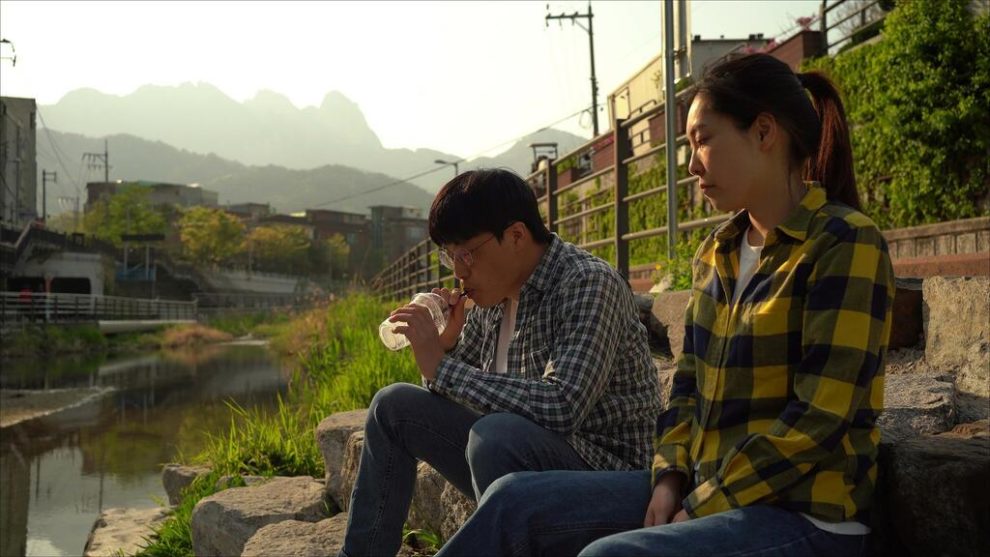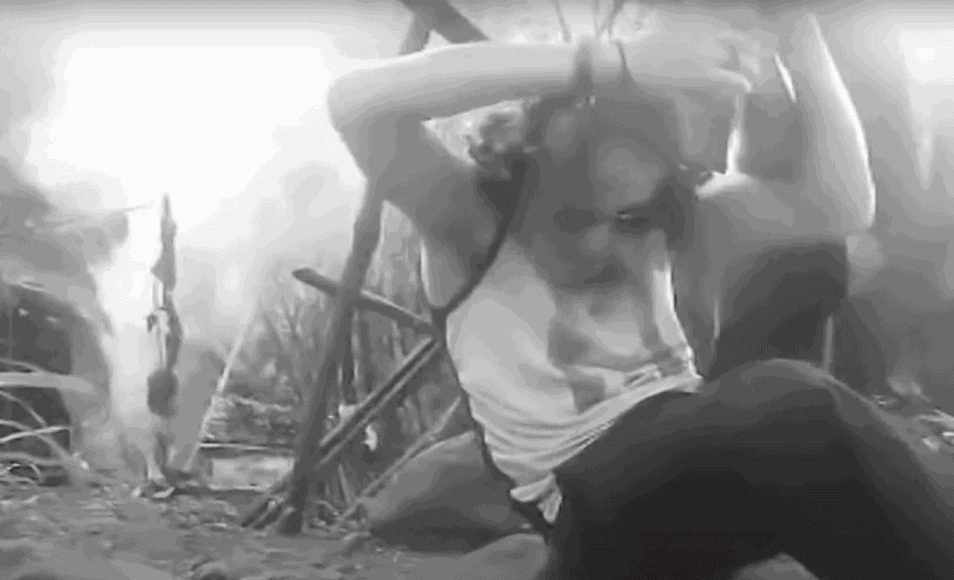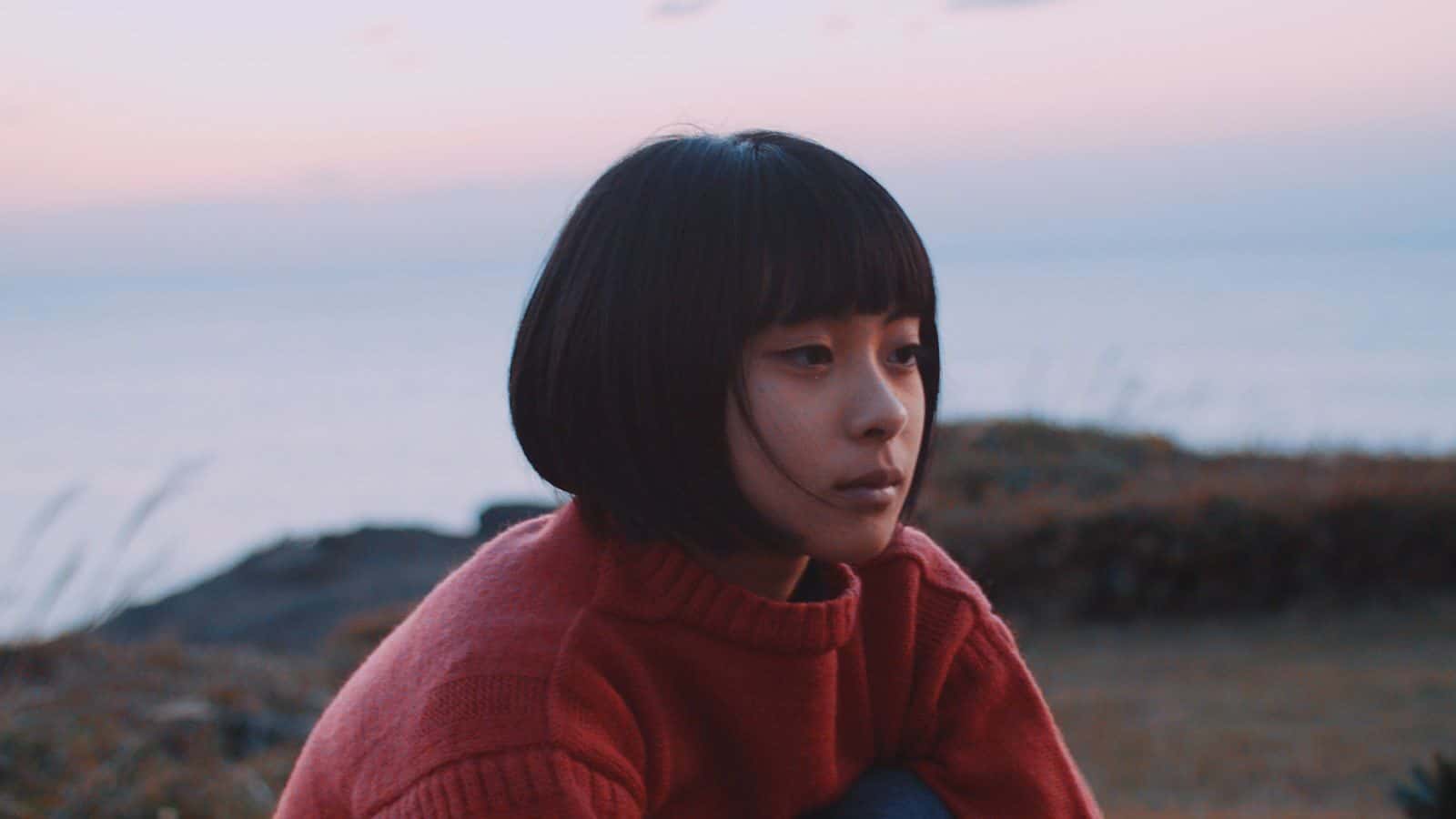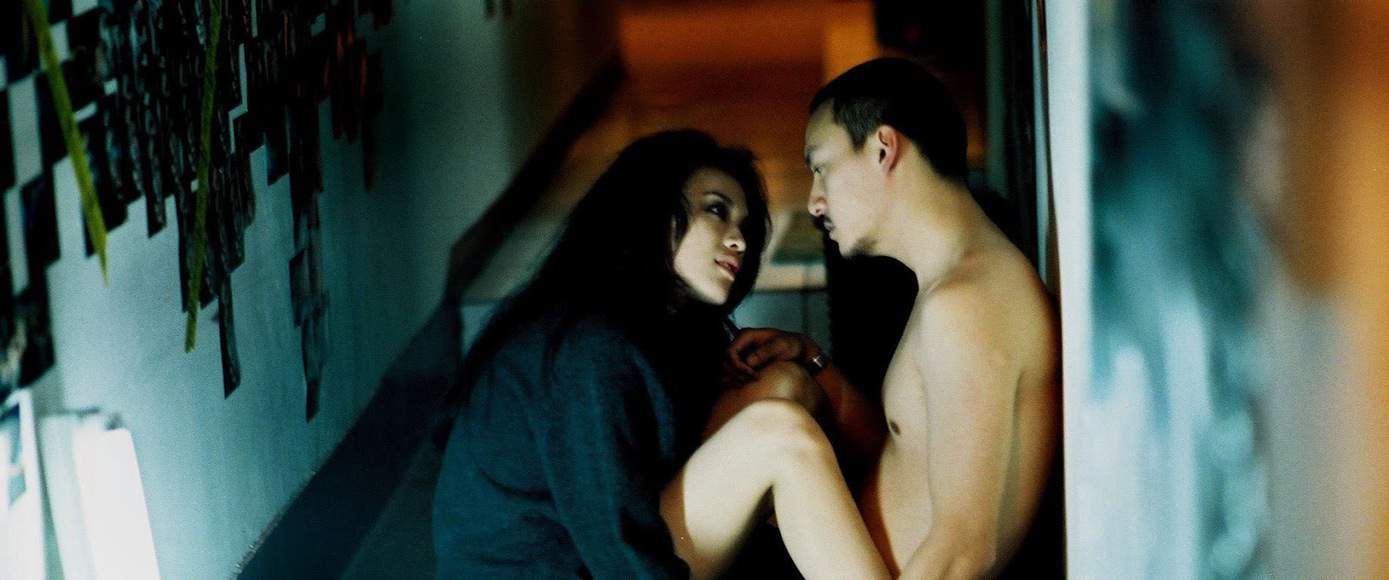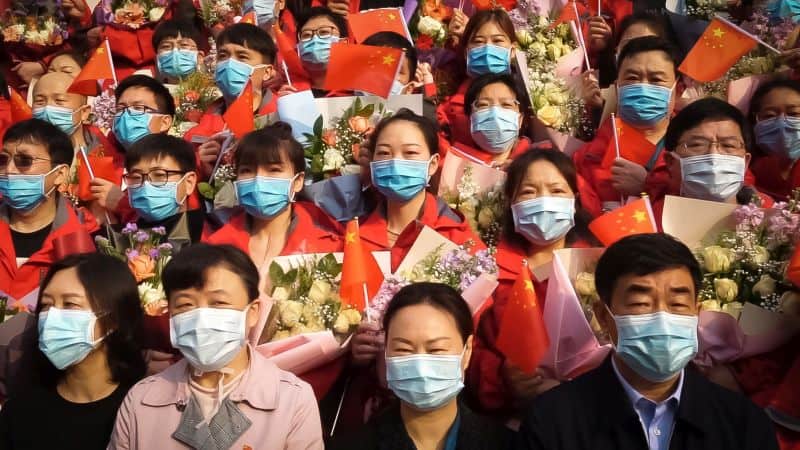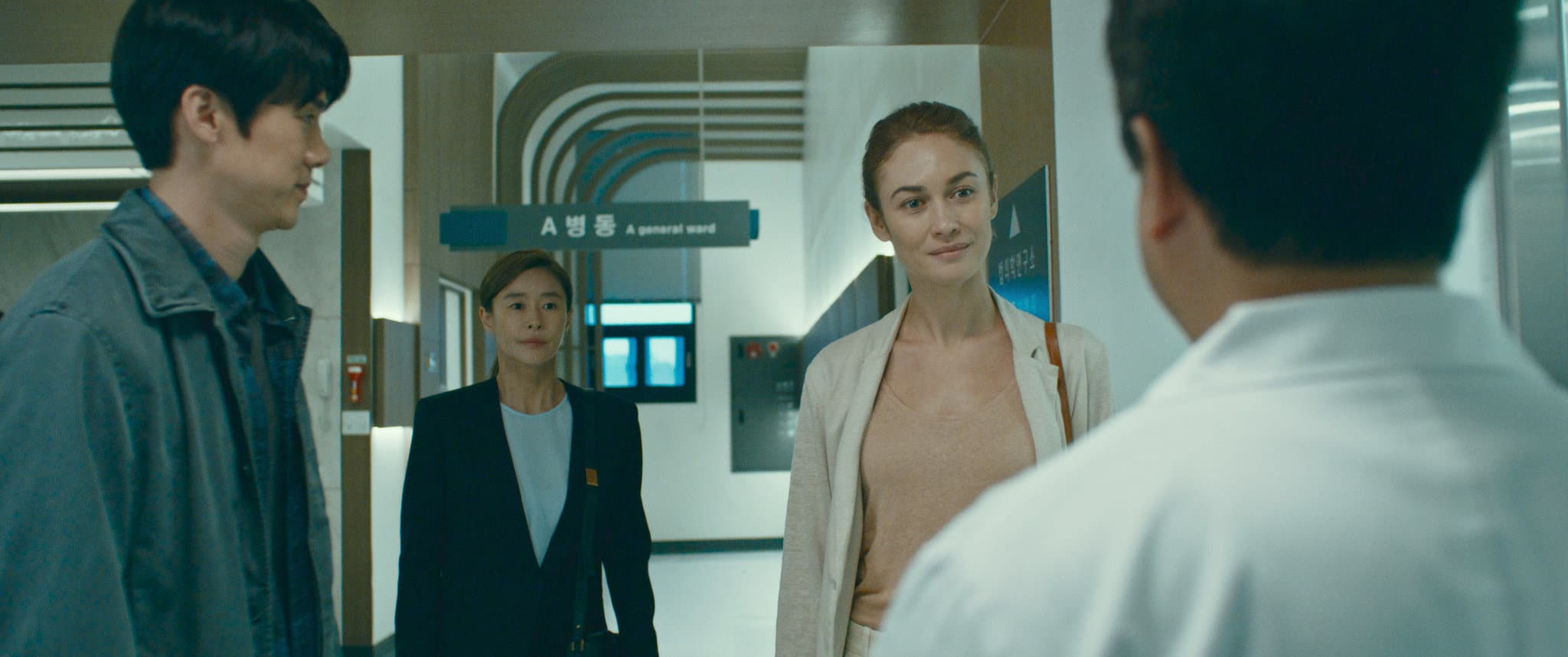If one takes a look at the world of politics and recent debates, you might wonder whether today's decision-making processes are merely a reaction to current events rather than based on long-term developments and looking out for the future. Given the increase in prices for housing, electricity, gas and other items of our daily lives, we are not just looking at the gap between the rich and the poor, we are looking at a process which endangers the foundation of our societies if we are not careful. Even though this development is anything but new, only few artists have dared tackle it in their work, with South-Korean director Park Song-yeol's “Hot in Day, Cold at Night” being one of the rare exceptions. He and screenwriter Won Hyang-ra also play the lead characters in a story about a couple trying their best to make ends meets, and maintain their love for each other, while the world around them either treats them with ignorance or downright disrespect.
Hot in Day, Cold at Night screened at London Korean Film Festival

While their lives seemed to be going in a good direction, a few mishaps have changed the economic situation of Young-tae (Park Song-yeol) and his wife (Won Hyang-ra) dramatically. After a terrible motorcycle accident rendered him unable to do his previous job, Young-tae has done his best finding a new kind of employment, but with no luck thus far. Similarly, his wife, a trained teacher, has applied to hundreds of positions, and has also been through multiple small jobs, but nothing permanent, except for the bills piling up in their small apartment.
As days go by, with no change in their situation on the horizon, their condition becomes desperate, although both try to maintain some kind of routine in their daily lives. At the same time, they experience how they are being exploited by old friends attempting to win them over for their dubious pyramid schemes, equally shade money lenders making impossible demands and finally their own families looking down upon them as they are unable to meet the level of expectation their relatives have in them.
In general, “Hot in Day, Cold at Night” is an independent movie throughout. Much like their screen counterparts, who have to make a living with what little money, food and other resources they got at their disposal, the movie itself was made on a very tight or no budget at all, relying on the actors and very few means. The result is reminiscent of the British kitchen-sink drama of the 1980s, as the approach highlights the struggles of the protagonists and therefore following an empathetic, human perspective on these characters. The lack of artificial lighting in combination with the often static camera stresses the dire nature of their situation and makes some scenes quite uncomfortable, for example, the various moments of attempted exploitation or when their only dinner is a bag of chips.
However, these moments also represent the strongest aspects of the feature. Although the director could have gone for a sentimental, sobby melodrama, considering the story and the themes it touches upon, what shines through for the majority is the relationship of the two main characters, their denial to be defined by their lack of money and how they are being treated. Instead, many scenes highlight their support for one another in tough situations, for example, when Young-tae rejects a job offer as he suspects a pyramid scheme and his wife shows understanding. Even though the acting is a bit clumsy in some parts, overall Park Song-yeol and Won Hyang-ra give solid performances as the main characters and the emotional centers in this feature.
“Hot in Day, Cold at Night” is a drama about the struggles for money, employment and dignity. While it is certainly not a visually appealing feature, Park Song-yeol has managed to tackle the themes of the story with a sense of realism and empathy, which is also highlighted in the performances.


